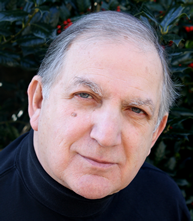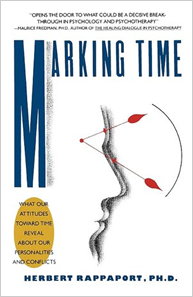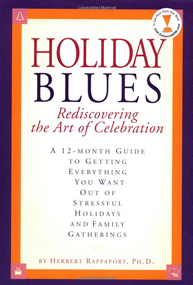Dr. Herbert Rappaport, PhD. is a clinical psychologist with a private clinical practice and an organizational consulting practice.
- Dr. Rappaport has been treating clinical patients for over 35 years. Learn more…
- Over the last 25 years, Herb Rappaport has been advising CEOs, founders, and senior teams in corporations, partnerships, family businesses, and entrepreneurial ventures. Learn more…
Herb’s background as a clinical psychologist informs his business approach. At the same time, his understanding of business supports his success with private patients.
Professional Background
After two years of post-doctoral work at an innovative mental hospital in Colorado, Dr. Rappaport received a Fulbright Hayes Fellowship and began his formative work lecturing and conducting research at the University of Dar es Salaam in Tanzania. With World health Organization support, he became deeply involved exploring the efficacy of traditional healers (waganga) as a window to understanding the universal nature of human healing.
As preparation for the long journey of treating and advising a broad spectrum of individuals, Dr. Rappaport worked in diverse settings from the inner cities of New York, Hartford, Denver and Philadelphia to rural parts of Colorado, Montana, Wyoming and Alaska. Trained as a clinical psychologist and in psychoanalysis, Dr. Rappaport attempted to extend his understanding of the “human condition” by integrating conventional psychological theory with anthropological inquiry in East Africa, South America, and amongst Native Americans.
From 1973-2006, he was a professor of psychology and served as the Director of the Psychological Services Center and Director of the Doctoral Program in Clinical Psychology at Temple University.
Research, Publications, and Speaking
It was from working with traditional healers in tribal contexts which led to a long term study of “life lines” or how we struggle to create the identities which become the framework for planning our lives. A major finding of this research on “timelines” led him to the conclusion that many individual problems, as well as organizational problems, stem from “telepression” or the inabiity to project into one’s uncertain future. This seminal work on time perspectives led to a series of publications in highly regarded professional journals and the publication of Marking Time (Simon & Schuster).
An extension of this work involved a study of the critical role of celebration in both pre industrial culture and in the west. Because of confusion and conflict within both individuals and families, holidays are not always cause for celebration. In the Holiday Blues: Rediscovering the Art of Celebration (Running Press), Dr. Rappaport describes types of ‘holiday blues’ patterns and outlines “ten commandments” for resolving individual and family conflict. Case examples deal with inter-ethnic, inter-faith and reconstituted family problems and proposed solutions. Dr Rappaport’s work has been extensively reviewed in such popular media as The New York Times Science Times, Prevention Magazine, Health, O Magazine, and newspapers all over the country.
Dr. Rappaport has also appeared on many national live radio and T.V. shows including NPR, CNN, Fox Broadcasting and other network programs. In addition to having taught in the doctoral program at Temple University, Dr. Rappaport maintains a private practice and also consults to executives and organizations.
Education and Training
Dr. Rappaport received his Ph.D in Clinical Psychology from SUNY Buffalo and his BS from Queens College, NY.
Professional Affiliations
Member, American Psychological Association
Member, International Society for the Study of Time



